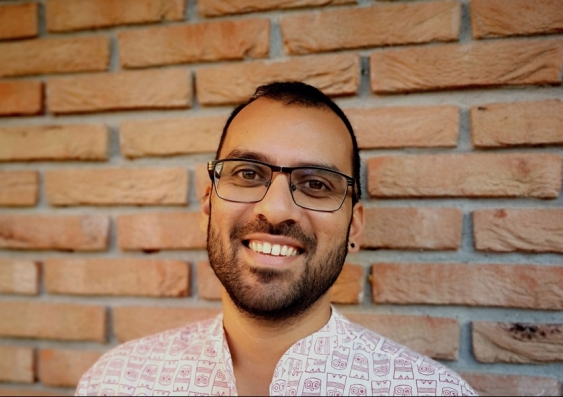UNSW Law Future of Change Indian Fellow will analyse witch-hunting trials
Dr Mayur Suresh will formulate a research project based on court trials in India, where villagers have been accused of orchestrating a social boycott and killing women they believe to be witches.


